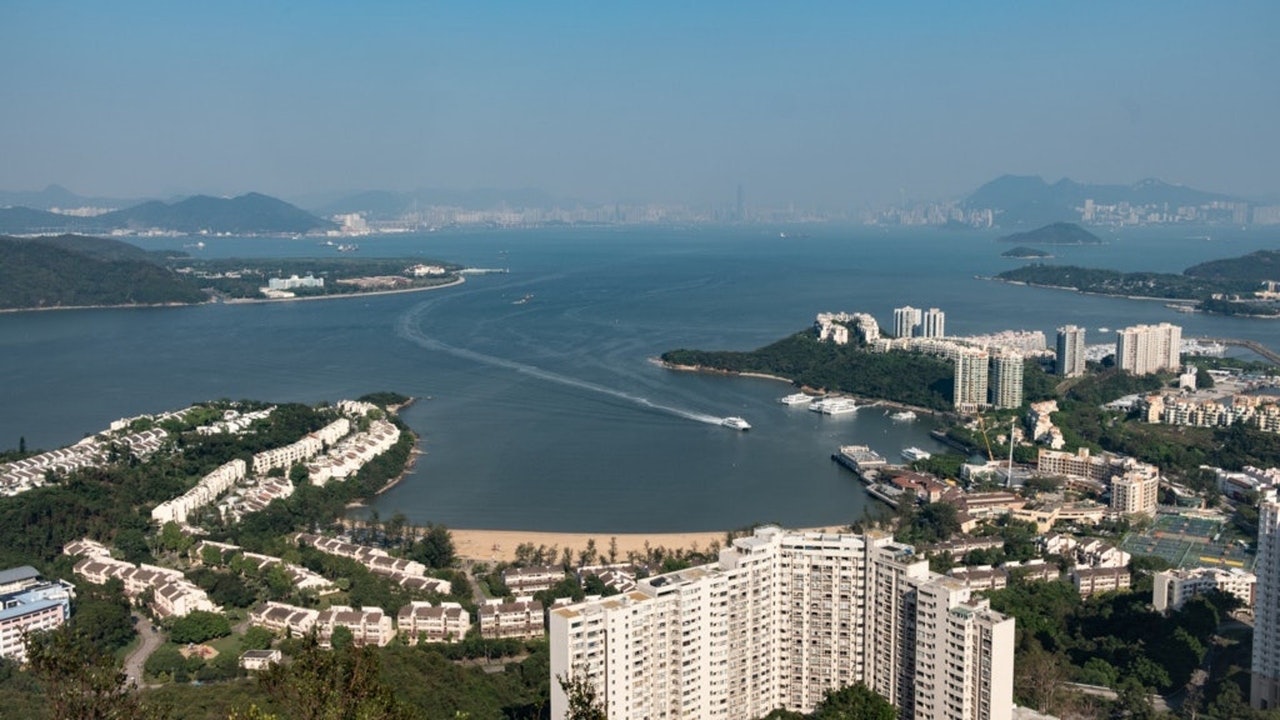01 view
Written by: Commentary Editing Room
2021-02-04 06:45
The last update date: 2021-02-04 06:45
Fighting against monopolistic behavior has recently become an important economic policy in the Mainland. Platform economies including Alibaba have been investigated for accusations of monopoly.
The United States and other Western countries have also launched anti-monopoly investigations against technology companies including Microsoft and Facebook.
Suddenly, the whole world is anti-monopoly, even becoming a trend.
Hong Kong also takes this opportunity to review whether there is also an economic monopoly problem, and whether it has even become a structural problem of the local economy.
Does Hong Kong have a monopoly problem?
First of all, we have to start discussing what is monopoly.
The definition of monopoly is a complicated issue in itself, and it is not black or white or one size fits all.
Most economies and industries will have a certain degree of monopoly behavior. Some are natural and some are artificial.
For example, in an industry with high investment but low return rate, once there is a first-staying company to provide stable services, there is little competition, and the market tends to form a natural monopoly.
Sometimes, the public administration considers that certain services or goods are necessities of the citizens' daily life, and the market mechanism or risks exist, and there will be artificial monopoly by the public, such as the unified supply of water by the Water Authority.
Economic achievements of Japanese giants
Even in the free market, monopoly will occur based on industry ecology or development needs.
For example, at the beginning of the high-tech industry, there are also some benefits to having a few giant companies monopolize the market.
This can reduce the risk of high-risk high-tech industries, and can also concentrate market profits on a few companies to promote scientific research.
Certain breakthroughs in high-tech research require concentrated resources. If the market is too fragmented and separates itself from each other, it is difficult to develop.
For example, in the 1970s, the Japanese government adopted the "ultra-large integrated circuit (ie, "semiconductor" or "chip")" program to force several domestic giants such as Hitachi, NEC, Mitsubishi, etc. to share semiconductor technology and concentrate their efforts to overcome problems. The US semiconductor industry almost collapsed.
Monopoly may have certain advantages, but it also has disadvantages.
Interruption will reduce competitive behavior, reduce innovation, and cause damage to the market structure.
Many studies have shown that the problem is how we should balance the advantages and disadvantages of monopoly.
Hong Kong does not have large technology companies, but it also has its own monopoly problem.
Is Hong Kong's monopoly healthy?
Monopoly is almost everywhere, just a matter of degree and efficiency.
Is Hong Kong’s monopoly beneficial or harmful to the economy?
Take the real estate industry as an example. The high input cost of real estate itself, coupled with the long-term phenomenon of high land prices, has already tended to be a natural monopoly.
Even if large real estate developers hoard agricultural land or leave first-hand properties vacant, they will not affect the sales situation but can instead sell them at a price, which shows their influence.
After gaining profits, many local real estate developers carried out larger mergers and acquisitions in various industries and expanded the diversification of the industry, thus achieving the effect of corporate monopoly of the economy.
Although these mergers and acquisitions are not generally said to be monopoly of inter-industry mergers and acquisitions, they have caused most of the daily consumption of society to be monopolized by several key consortia, and "real estate hegemony" has spread like wildfire.
Take supermarkets as an example. Two groups, Wellcome and Pokka, have accounted for nearly 70% of the local supermarket market.
PARKnSHOP is actually under the Hutchison Group, while Wellcome is under the Jardine Matheson Group.
In addition to these, there are Cathay Pacific of Swire Group, Hong Kong Electric of Cheung Kong, and KMB of Sun Hung Kai.
Although these monopolies are not like general inter-industry monopolies, it is difficult for emerging companies to join different industries to challenge the market efficiency effects formed by huge groups and open up competition.
The daily consumption of citizens cannot do without these consortia, which also makes it difficult for them to enjoy the benefits of price competition.
We should reflect on whether such an economic structure can produce better innovation effects for the entire society.
If the monopoly phenomenon only maintains the stability of the profits of large companies, and only these vested interests can be benefited, the government obviously needs to think about how to make Hong Kong's economy truly economical and beneficial to the people.
Hong Kong shows the failure of neoliberal ideals
The market also has problems that cannot be solved by itself
Regulators should not let the monopoly go
Monopoly Hong Kong Economy 01 Viewpoint



/cloudfront-eu-central-1.images.arcpublishing.com/prisa/MUTRAEQZHBADNCTJ7OTNDGNVTA.jpg)

/cloudfront-eu-central-1.images.arcpublishing.com/prisa/RK3AI2H26NFTRJ3VH3EVPP573E.jpg)


